by Nathaniel R
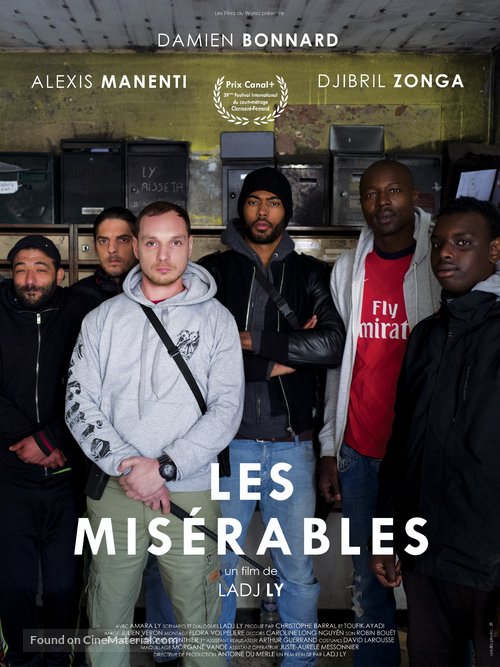
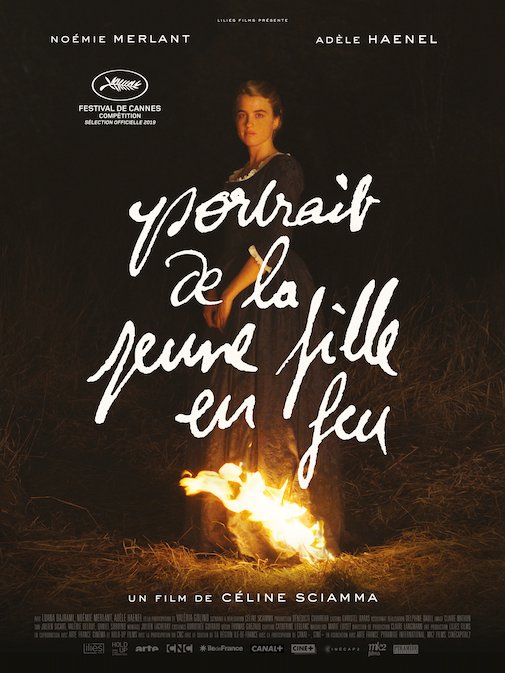
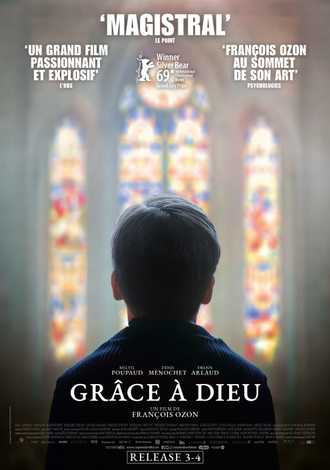
As you've probably heard, France has altered their Oscar submission choice rules a bit. They'll now allow for "special screenings" (i.e. some variation of the common practice here in the US of the "qualifying run") to determine eligibility. In truth this wouldn't be news if it weren't France we were talking about. Most countries already allow some form of this practice so a film can be eligible for awards even if it isn't technically playing for audiences in time.
But France in the past has not allowed this given the country's very strict distribution rules. That's one of the reasons why, for example, that Blue is the Warmest Colour (2013) wasn't submitted in its year...
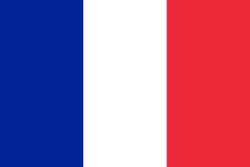 Now they'll allow "qualifying" releases which means films scheduled to open in France from October through December each year can still theoretically be selected. Oscar rules require countries to submit by the beginning of October with the end of September as the typical cut off date for eligibility. This off-calendar year system is necessary (lots of paperwork, subtitling required, ample screening times for the various committees within AMPAS that are tasked with the nominations in that category) but its why you sometimes have films that premiered at festivals well over a year prior competing at the Oscars with much newer titles.
Now they'll allow "qualifying" releases which means films scheduled to open in France from October through December each year can still theoretically be selected. Oscar rules require countries to submit by the beginning of October with the end of September as the typical cut off date for eligibility. This off-calendar year system is necessary (lots of paperwork, subtitling required, ample screening times for the various committees within AMPAS that are tasked with the nominations in that category) but its why you sometimes have films that premiered at festivals well over a year prior competing at the Oscars with much newer titles.
You know our feelings about "qualifying releases". In short it's bad news for audiences, leaving them out of the awards equation and upping the danger of the reductively described but somewhat true problem of "elitism" in awards. When movies the public has no access to are regularly competing for awards people tend to level this claim and the result is usually a spin-off complaint "out of touch!" because public response (which definitely colors awards prospects of titles that ARE traditional released) does not remotely affect the outcome. But this is good news for awards-primed French movies from Berlinale and Cannes (like Les Miserables, Portrait of a Lady on Fire, By the Grace of God - the three highest profile contenders for the submission thus far) that might not want to actually open in France until after their North American festival runs in September.
Another minor change that's interesting is they're adding French industry professionals to the selection committee who have "an acute knowledge of the American market".
Let us translate that for you: France wants to regain its former dominance in the Oscar race! France is #1 for most nominations ever in the Best International Film Oscar race (but #2 behind Italy for actual wins. That said, both countries have been struggling in the past 20+ years within the microcosm of the Oscars.
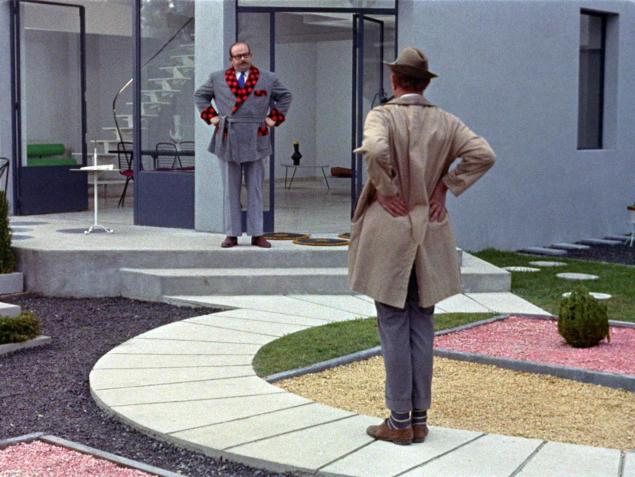 Mon Oncle (1959) by the inimitably great Jacques Tati was the first "traditional" winner for France. But they'd already received 3 Honoraries at that point
Mon Oncle (1959) by the inimitably great Jacques Tati was the first "traditional" winner for France. But they'd already received 3 Honoraries at that point
Here's a list of every French film that's been up for the Oscars - the winners are in bold (and if we've written about the picture it's linked up). This quick overview will show you how rapidly France has recently lost their Oscar mojo.
1947-1955
Not an official category but the Academy usually gave one Honorary Award to a foreign title. It always went to either Italy, France, or Japan.
1947-
1948 Monsieur Vincent (Maurice Cloche)
1949-
1950 Walls of Malapaga (René Clément, co-production with Italy)
1951-
1952 Forbidden Games (René Clément)
1953-
1954-
1955-
1956-1959
The Foreign Film category's infancy
1956 Gervaise
1957 Gates of Paris
1958 My Uncle (Jacques Tati)
1959 Black Orpheus (Marcel Camus)
1960s
1960 La Vérité (Henri-Georges Clouzot)
1961-
1962 Sundays and Cybele (Serge Bourguignon)
1963-
1964 The Umbrellas of Cherbourg (Jacques Demy)
1965-
1966 A Man and a Woman (Claude Lelouch)
1967 Live for Life (Claude Lelouch)
1968 Stolen Kisses (François Truffaut)
1969 My Night with Maud (Éric Rohmer)
1970s
1970 Hoa-Binh (Raoul Coutard)
1971-
1972 Discreet Charm of the Bourgeoisie (Luis Buñuel)
1973 Day for Night (François Truffaut)
1974 Lacombe Lucien (Louis Malle)
1975-
1976 Cousin Cousine (Jean-Charles Tacchella)
1977 Madame Rosa (Moshé Mizrahi)
1978 Get Our Your Handkerchiefs (Bertrand Blier)
1979 A Simple Story (Claude Sautet)
(France's most successful Oscar decade: winning 40% of the Oscars and nominated 80% of the time)
1980s
1980 The Last Metro (François Truffaut)
1981 -
1982 Coup de Torchon/Clean Slate (Bertrand Tavernier)
1983 Entre Nous (Diane Kurys)
1984 -
1985 Three Men and a Cradle (Coline Serreau)
1986 Betty Blue (Jean-Jacques Beineix)
1987 Au Revoirs Les Enfants (Louis Malle)
1988 -
1989 Camille Claudel (Bruno Nuytten)
(a sign of the oncoming drought. Plentiful nominations, no Oscars)
1990s
1990 Cyrano De Bergerac (Jean-Paul Rappeneau)
1991 -
1992 Indochine (Régis Warnier)
1993 -
1994 -
1995 -
1996 Ridicule (Patrice Leconte)
1997 -
1998 -
1999 - East-West (Régis Warnier)
2000s
2000 The Taste of Others (Agnès Jaoui)
2001 Amelie (Jean-Pierre Jeunet)
2002 -
2003 -
2004 The Chorus (Christophe Barratier)
2005 Joyeux Noël (Christian Carion)
2006 -
2007 -
2008 The Class (Laurent Cantet)
2009 Un Prophète (Jacques Audiard)
2010s
2010 -
2011 -
2012 -
2013 -
2014 -
2015 Mustang (Deniz Gamze Ergüven)
2016-
2017-
2018 -
2019 - TO BE DETERMINED
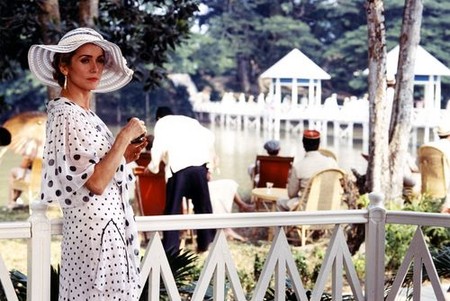 The Catherine Deneuve star vehicle Indochine (1992), is France's most recent winner
The Catherine Deneuve star vehicle Indochine (1992), is France's most recent winner
As you can see from that overview, this past decade has been brutal for France in terms of Oscars and what they're accustomed to. And Indochine, their last winner, is now 27 years old. What's especially frustrating about their performance of late is that though the selection committee has made some very odd choices this decade (Renoir and Memoirs of War stick out as big "why?" candidates considering their competition) they've also made some amazing bold decisions in favor of films that were eminently worthy of nominations: like Elle (2016) and BPM (2017).
Oscar tastes change and Oscar has been drifting away from France, even when the country has made great choices. Will the new committee have better luck or is the competition just too strong these days (with more countries submitting than ever)?
What do you make of all this and how many of France's nominees have you seen?
P.S. Here are, arguably, the ten most acclaimed French films that were submitted by France but Oscar skipped them come nomination time.
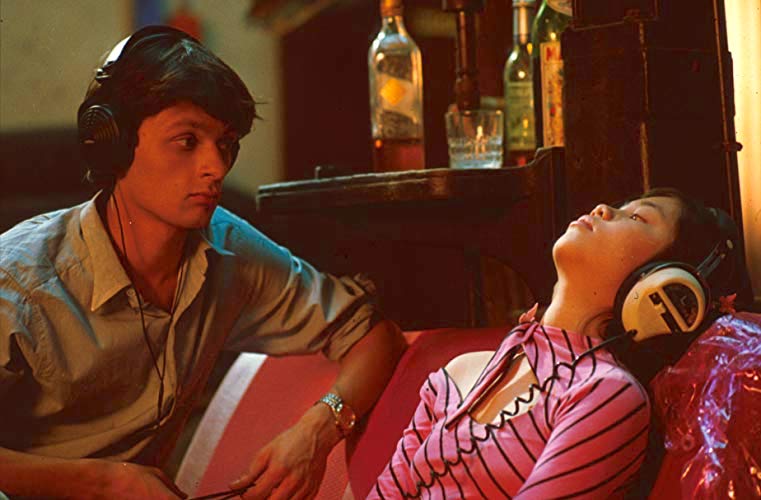 One of the first french movies I was ever obsessed with DIVA (1981) discovered from the local video store in the late 80s. My friend and rented it frequently
One of the first french movies I was ever obsessed with DIVA (1981) discovered from the local video store in the late 80s. My friend and rented it frequently
- Last Year at Marienbad (Resnais, 61)
- Pierrot le Fou (Godard, 65)
- Diva (Beineix, 81)
- Wild Reeds (Téchiné, 94)
- The Dreamlife of Angels (Zonca, 98)
- 8 Women (Ozon, 02)
- Persepolis (Paronnaud & Satrapi, 07)
- Of Gods and Men (Beauvois, 10)
- Elle (Verhoeven, 16)
- BPM Beats Per Minute (Campillo, 17)
P.P.S. Sixteen very famous and/or very excellent French films that were NOT submitted by France in the Foreign Film category.
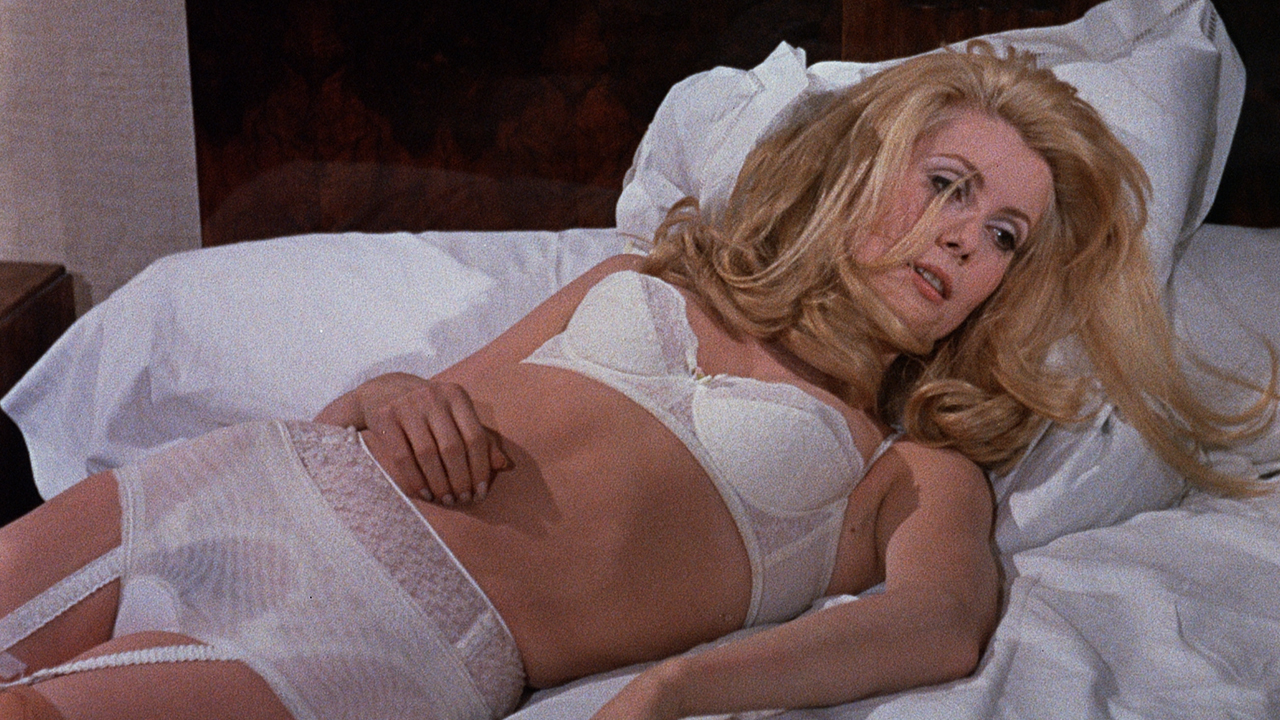 One of the greatest films of all time, Belle de Jour (1967)
One of the greatest films of all time, Belle de Jour (1967)
- Elevator to the Gallows (Malle, 58)
- The 400 Blows (Truffaut, 59) *nominated for 1 Oscar
- Hiroshima Mon Amour (Resnais, 59) *nominated for 1 Oscar
- Breathless (Godard, 60)
- Bay of Angels (Demy, 63)
- Contempt (Godard, 63)
- Belle de Jour (Buñuel, 67)
- Playtime (Tati, 67)
- The Young Girls of Rochefort (Demy, 67)
- La Cage Aux Folles (Molinaro, 78) *nominated for 3 Oscars
- Jean de Florette / Manon of the Spring (Berri, 86/87)
- La Ceremonie (Chabrol, 95)
- La Haine (Kassovitz, 95)
- A Christmas Tale (Desplechin, 08)
- Holy Motors (Carax, 12)
- Blue is the Warmest Color (Kechiche, 13)